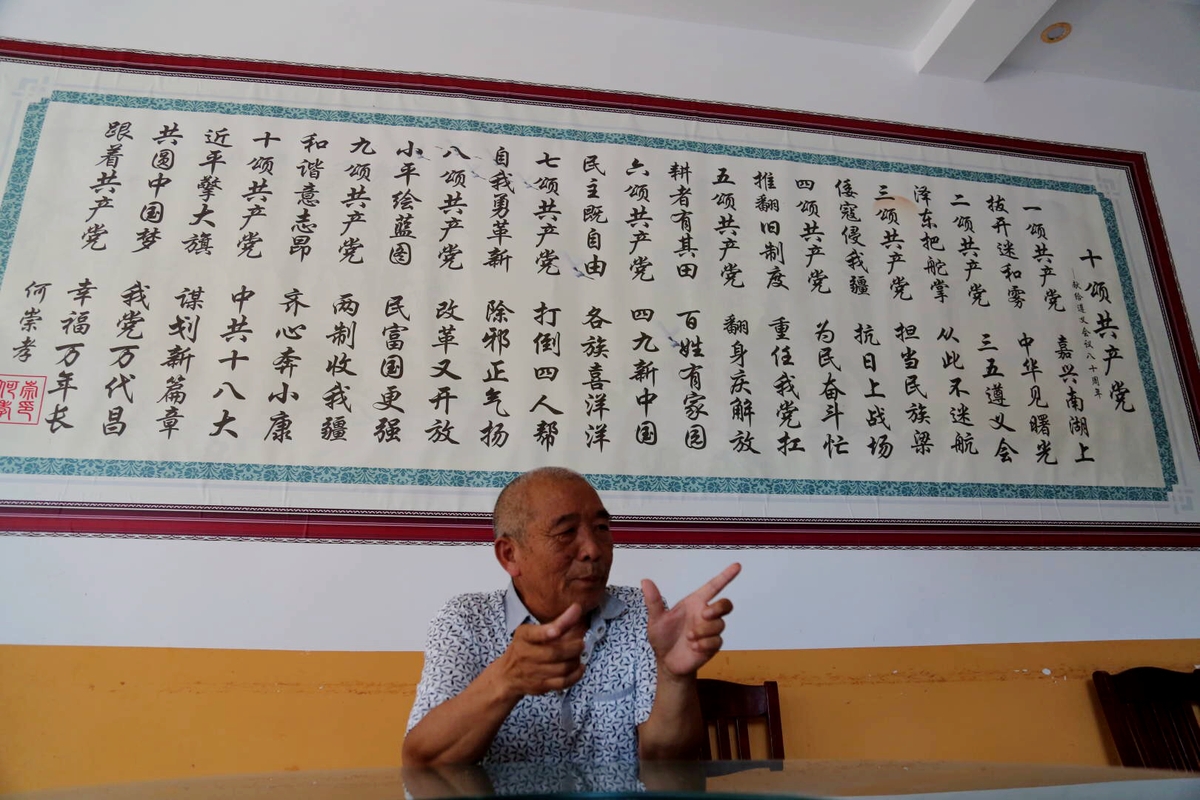Tea cultivation brews rich lives for villagers


Transformation
In recent decades, Hetaoba's tea industry has undergone a huge transformation, from family-based manual workshops in the 1990s to the current industrial chain, including large-scale factories and professional distribution. Processing and cultivation have also been improved by modern techniques.
This year, the village has expanded its product line to include black tea.
"We have all gained huge benefits from growing tea, and all the villagers are living wealthier lives now," Chen said.
Villager Yu Kunqiang, 43, started helping his parents grow tea when he was a child.
"Nowadays every aspect of life is closely related to tea," said Yu, who owns 0.9 hectares of tea bushes, which generates income of 60,000 yuan annually. His parents also have a plot of land under cultivation.
During the harvest seasons, Yu and his wife also work as tea dealers. They buy green-tea leaves from farmers and sell them to nearby factories for processing, earning about 500 yuan in total on a good day.
Every afternoon, a green-tea trading market opens in the village, and tea pickers, carrying the leaves in their bags or bamboo baskets, gather in groups to sell their daily yield to dealers. The finished product is sold nationwide via various channels.
"Our fellow villagers don't have to work in faraway places thanks to the stable income from the tea industry, which has totally changed our lives," said Yu, adding that a few residents look for part-time work in the county town during the low season for tea production.
For seniors, such as Tian Jinlian, picking tea leaves is a relatively easy way to help bolster the family income.
"It's hard for people of my age to do heavy farming, and it's impossible to work in the cities. Luckily we have a tea farm," said the 66-year-old, who works in the early morning and late afternoon to avoid the summer heat.
She and her husband manage a tea field of 0.4 hectares. During the summer harvest, they collect about 8 kilograms of green-tea leaves a day, which have sold for 48 yuan a kg this year.


















